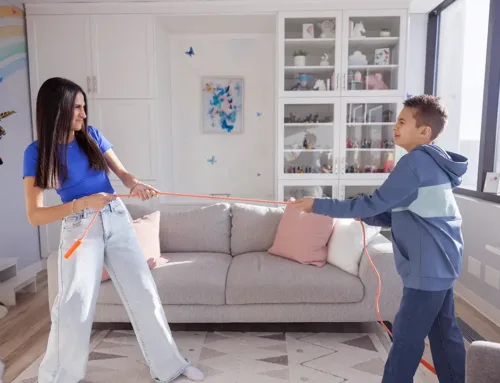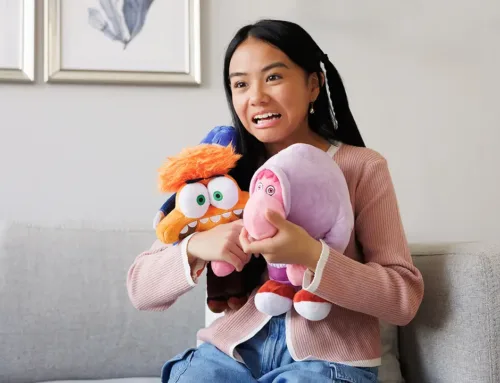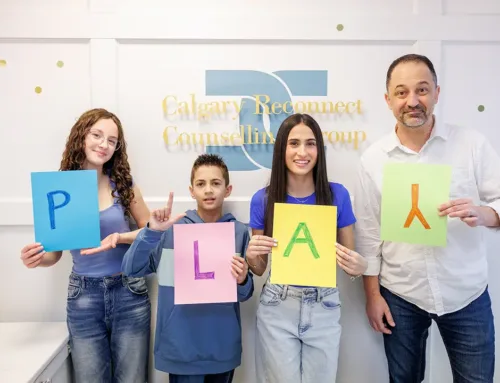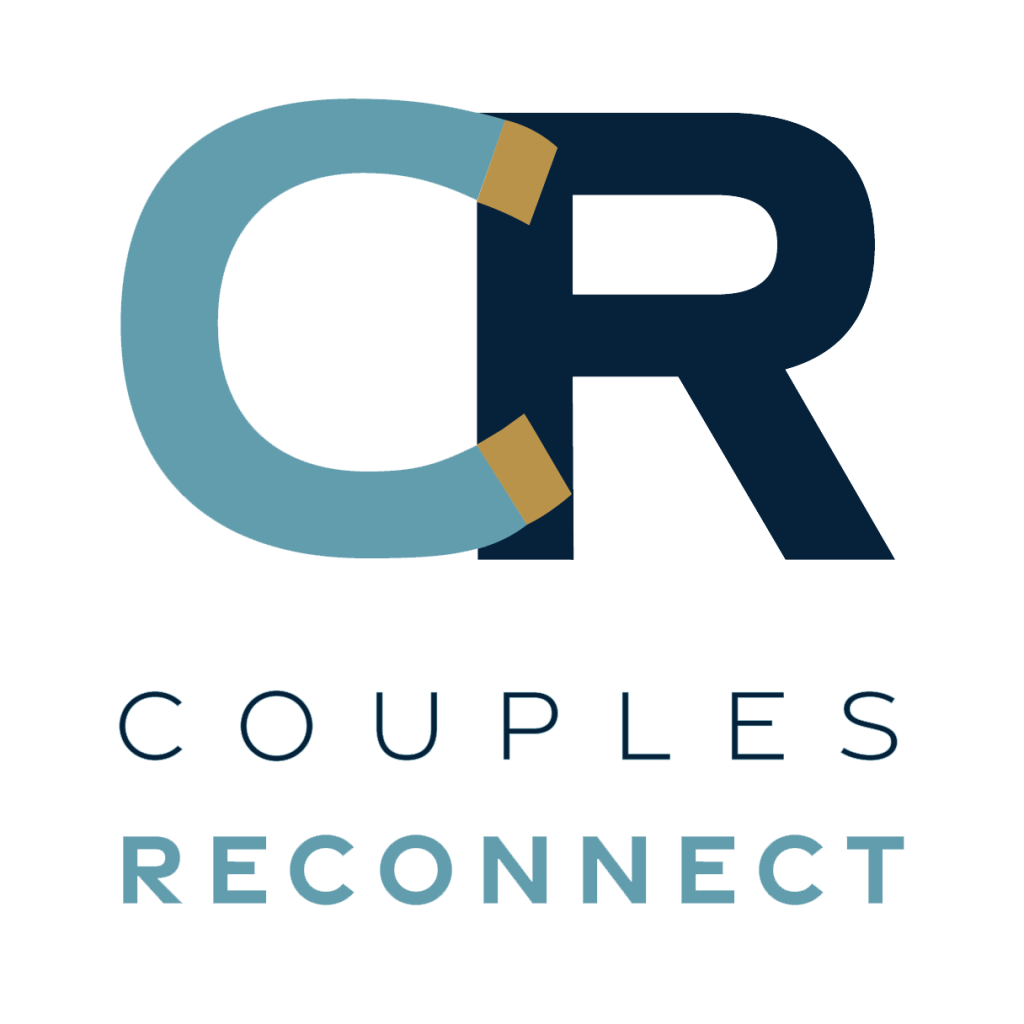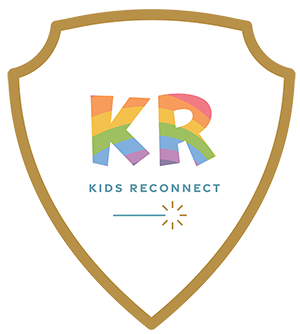
(Calgary Reconnect Counselling Group Inc.)
Informed consent is a dynamic process
In the realm of mental health, obtaining informed consent is not just a formality—it’s a cornerstone of ethical practice.
Clinically-focused social workers and psychologists, guided by their respective regulating bodies, must secure informed consent for all services provided. This requirement stems from a fundamental respect for the inherent dignity and worth of individuals, as emphasized in the codes of ethics from both the Canadian Association of Social Workers (CASW) and the Canadian Psychological Association.
Informed consent is much more than a checklist, completing a form or a one-time conversation. It is a dynamic process that creates the opportunity for questions and it is ongoing: consent is obtained both initially and throughout the course of therapy.
Informed consent
Informed consent is an essential practice that ensures clients are in control of their mental health journey. It involves providing clients with all of the necessary information about the therapy process, including the limits of confidentiality, so they can make autonomous and informed decisions. This practice is crucial not only for the clients’ protection but also for maintaining trust and transparency in the therapeutic relationship.
Consent for kids
Minors cannot legally give consent, but they can give “assent”.
The term “assent” means that they agree to participate in therapy while their legal guardians provide formal consent.
At Calgary Reconnect Counselling Group, we make sure to explain therapy and assent to kids in ways that they can understand. If a child doesn’t want to go to therapy, we respect their decision—it’s about what’s best and most comfortable for them.
The BRAIN model
We use the BRAIN model to guide our consent process:
- Benefits: What good things can come from therapy?
- Risks: Are there any potential downsides?
- Alternatives: Are there other options available?
- Intuition: What does your gut feeling say?
- No: What happens if we choose not to proceed?
The BRAIN model helps everyone involved—kids and parents alike—make well-informed decisions.
Respect and EmPOWERment
As one of our child models says:
“Consent and permission are important because sometimes people might not be ready to share, so we really want to make sure they are okay to share.”
At Kids Reconnect, we take consent to heart. We strive to create a safe space where every individual feels respected and in control of their therapy journey.
Remember, consent is about more than just agreement—it’s about understanding and comfort. We’re here to support you, your child, and your family every step of the way.

